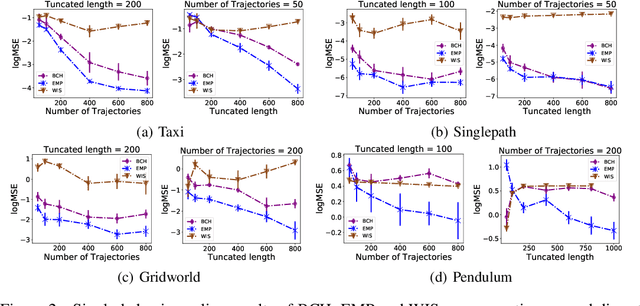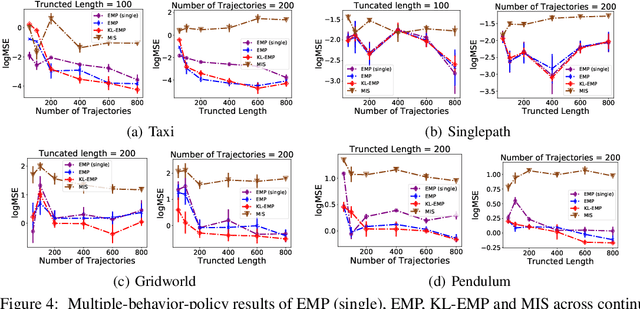Heng Ge
DiffKnock: Diffusion-based Knockoff Statistics for Neural Networks Inference
Oct 01, 2025Abstract:We introduce DiffKnock, a diffusion-based knockoff framework for high-dimensional feature selection with finite-sample false discovery rate (FDR) control. DiffKnock addresses two key limitations of existing knockoff methods: preserving complex feature dependencies and detecting non-linear associations. Our approach trains diffusion models to generate valid knockoffs and uses neural network--based gradient and filter statistics to construct antisymmetric feature importance measures. Through simulations, we showed that DiffKnock achieved higher power than autoencoder-based knockoffs while maintaining target FDR, indicating its superior performance in scenarios involving complex non-linear architectures. Applied to murine single-cell RNA-seq data of LPS-stimulated macrophages, DiffKnock identifies canonical NF-$\kappa$B target genes (Ccl3, Hmox1) and regulators (Fosb, Pdgfb). These results highlight that, by combining the flexibility of deep generative models with rigorous statistical guarantees, DiffKnock is a powerful and reliable tool for analyzing single-cell RNA-seq data, as well as high-dimensional and structured data in other domains.
Infinite-horizon Off-Policy Policy Evaluation with Multiple Behavior Policies
Oct 10, 2019



Abstract:We consider off-policy policy evaluation when the trajectory data are generated by multiple behavior policies. Recent work has shown the key role played by the state or state-action stationary distribution corrections in the infinite horizon context for off-policy policy evaluation. We propose estimated mixture policy (EMP), a novel class of partially policy-agnostic methods to accurately estimate those quantities. With careful analysis, we show that EMP gives rise to estimates with reduced variance for estimating the state stationary distribution correction while it also offers a useful induction bias for estimating the state-action stationary distribution correction. In extensive experiments with both continuous and discrete environments, we demonstrate that our algorithm offers significantly improved accuracy compared to the state-of-the-art methods.
 Add to Chrome
Add to Chrome Add to Firefox
Add to Firefox Add to Edge
Add to Edge